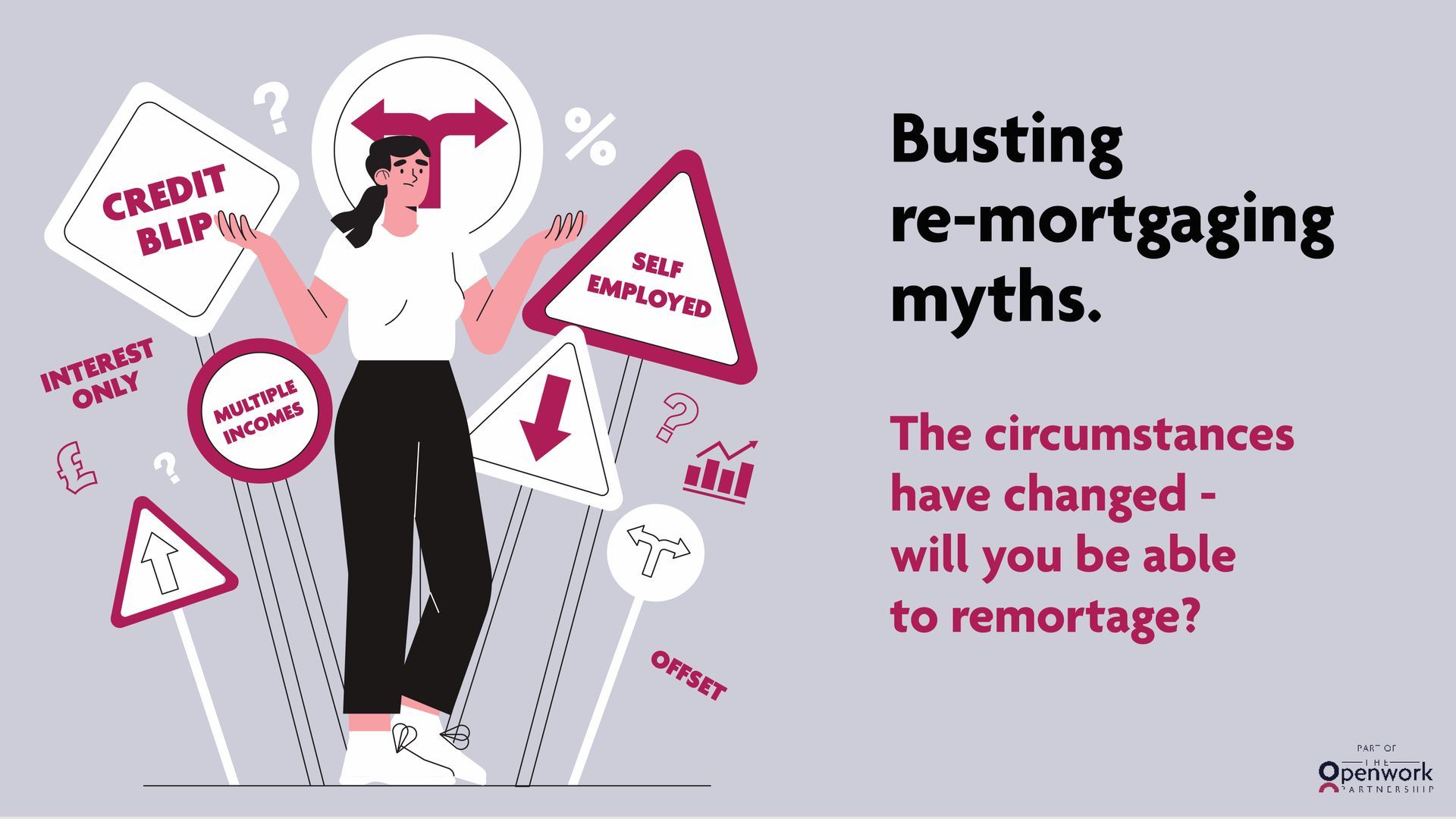How reliable is a mortgage in principle?
This is a subtitle for your new post
If you're considering placing an offer on a property for purchase, it's probable that you'll be requested to furnish a mortgage in principle.
Acquiring a mortgage in principle is generally uncomplicated, but there are potential traps to steer clear of during the process.
This guide elucidates all the essential information about mortgage in principles and highlights several typical blunders to avoid.
Let's delve deeper into the realm of mortgage in principles.
What is a Mortgage in Principle?
A mortgage in principle is a certificate from a lender stating that you can obtain a mortgage with them subject to a full mortgage application assessment.
Sometimes you will find mortgage in principles are referred to by other names such as an Agreement in Principle (AiP) or a Decision in Principle (DiP). Whichever terminology your lender or broker chooses to use, the resulting document is the same.
A common misconception is that a mortgage in principle guarantees you a mortgage. In fact, you could consider a mortgage in principle as a rough statement of intent from the lender that they will lend you the money.
There are plenty of reasons why a mortgage in principle does not guarantee you a mortgage including:
- Change in circumstances between the mortgage in principle and mortgage application
- The desired property not being mortgageable
- Changes in your credit score
- Inability to provide required documentation to obtain the mortgage
- Changes to the lender’s eligibility criteria
How Long Does a Mortgage in Principle Last?
When you receive a mortgage in principle it will state how long the lender expects it to be valid for. In general, a mortgage in principle is valid for 30-90 days, I believe most lenders do produce them for 90 days., however some lenders operate much shorter time frames.
It is important to understand that a mortgage in principle can be withdrawn at any time by a lender. This is especially the case where factors outside of the lender’s control come into play such as the Bank of England changing their base rate.
Once you have received your mortgage in principle you should use this to make an offer on a property as soon as possible to avoid circumstances changing and being disappointed by a lender withdrawing the mortgage in principle.
Does a Mortgage in Principle Affect My Credit Score?
Part of the process of getting a mortgage in principle will be the lender conducting a credit check on you (and anyone else party to the mortgage).
In most cases now, lenders will use a soft credit check which does not impact you credit score or even appear on your credit report. However, there are some lenders who will conduct a hard credit check to provide a mortgage in principle. These lenders tend to offer specialist mortgage products or mortgages to borrowers with adverse credit.
You should ask your lender or broker whether the mortgage in principle will be a hard or soft credit check. If you are told it will be a hard credit check you should bear in mind that further credit checks on your credit report can negatively impact your credit score.
A general rule of thumb is 3 hard credit checks in short succession will negatively impact your credit score. You will need at least two of those credit checks to obtain your mortgage, first at mortgage in principle stage and second upon your full mortgage application.
In short, it is advisable not to conduct other mortgage searches and avoid additional hard credit checks.
Is a Mortgage in Principle Enough to Make an Offer?
It is considered good practice for estate agents to see a Mortgage in Principle before passing offers to their clients to consider. This is because a Mortgage in Principle acts as proof of a buyer’s funds to purchase a property. Once an estate agent sees proof of funds for the full purchase price, they should be satisfied to inform their vendor of your offer.
Once you have a mortgage in principle it should be enough to make an offer on a property.
In rare cases, an estate agent may reject your mortgage in principle. For example, if they have been dealing with the property and have had a mortgage fall through from Santander because of the property type, they may decline a Santander mortgage in principle.
What Happens After a Mortgage in Principle?
After you have received your mortgage in principle you can make an offer on your desired property.
If that offer is accepted by the vendor, you can proceed to the full mortgage application and begin the formal process of buying the property.
If you are using a reputable mortgage broker, like Face to Face, they will have collected most of the information required for a mortgage application up front. This creates a streamlined process where you can call your broker and give them the go ahead without having to root around finding documentation.
Despite this, a lender may still request additional information and you should aim to provide this as quickly as possible to ensure the mortgage application proceeds expediently.
How Do I Get a Mortgage in Principle?
You can get a mortgage in principle by contacting your mortgage broker. They will conduct a fact find which is a detailed questionnaire about your financial and personal circumstances.
Once this information has been completed, the broker will look at your circumstances and match you with the most suitable lender. If you are happy with the product that the broker recommends, you can ask them for a mortgage in principle.
Once a mortgage in principle is completed you can have the document emailed to you. In rare cases a lender may wish to issue the mortgage in principle by post.
Contact us today and let us help you from principle to house compilation
YOUR HOME MAY BE REPOSSESSED IF YOU DO NOT KEEP UP REPAYMENTS ON YOUR MORTGAGE
Approved by The Openwork Partnership on 14/09/23











